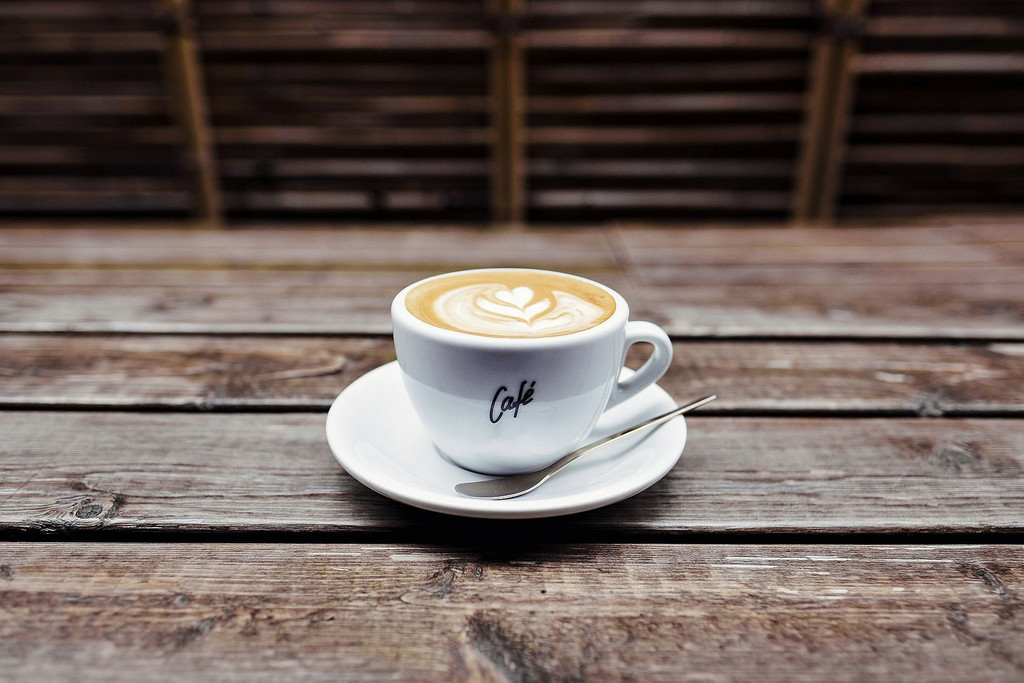
The return of emergency stockpiling
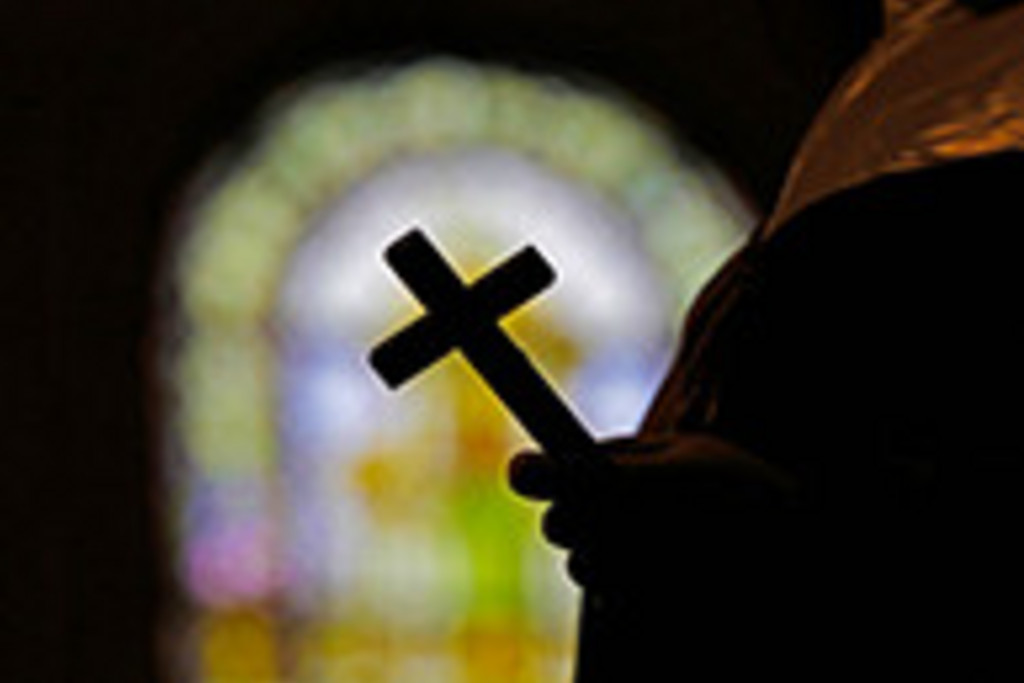
Priests: from protectors to abusers
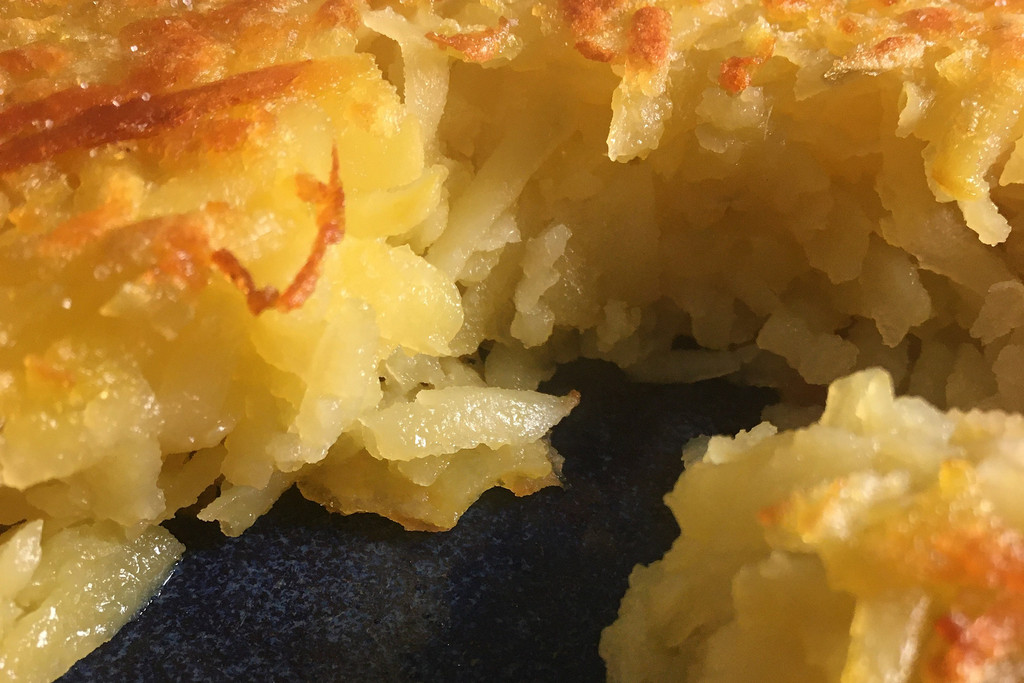
A shift to the right, and other hot potatoes
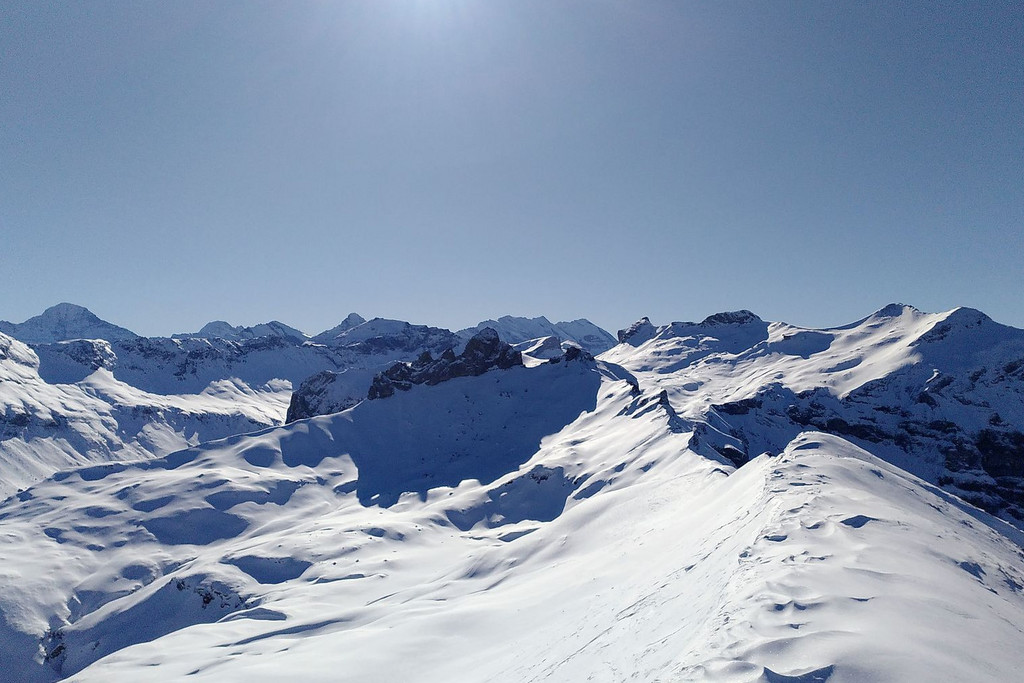
When continents collide

People were upset and let it be known – politicians as well as journalists. The reason? At the end of June, the “SonntagsZeitung” published a report on a “secret think tank” formed in Berne with the intention of “changing the political system”.
The driving force behind the think tank are not subversive elements of the political far left or far right, however, but the Swiss Federal Chancellery. This government office is more or less the centre of political activities within the Federal Palace in Berne and is necessarily involved in the day-to-day functioning of our democracy. Nevertheless, the general public response to the article suggested that people do not consider it the job of the Federal Chancellery to reflect on the system.
Why not? Isn’t it true that we have been hearing and reading everywhere that for some time now the political system in Switzerland has not been functioning as “perfectly” as it should and as it once did? In place of democratically necessary controls and critique, a toxic atmosphere of mistrust is spreading. The politicians don’t trust one another, and the people have lost trust in politicians, public institutions and authorities, and the media. This is abundantly clear in the campaigns and debates preceding public votes, in which the fears of citizens are manipulated and which focus on polemics and sensationalist propaganda instead of sound arguments. At the ballot box, statements and decisions are then made that can ultimately have fatal consequences – for instance, when the vote contradicts other constitutional norms and international treaties.Thinking critically about our system, about the causes of the fears that are surfacing ever more frequently, about perceived and real threats, about the responsibility of the people as the sovereign and as the final legislative authority, and about how the losing side is treated in political disputes is not only not sacrilegious but is in fact an absolute necessity for Switzerland.
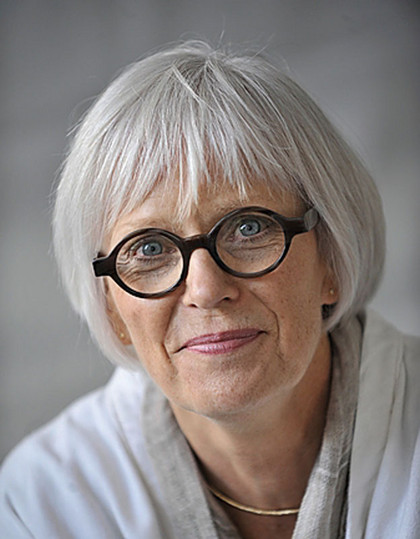
And now let us turn to the content and future of “Swiss Review”. This issue takes a closer look at the Yeniche, their difficult history and the status of this minority in Switzerland today. The cultural section focuses on a major art collection which the Museum of Fine Arts Berne is set to inherit. This prospect is not a cause for celebration as it once again raises the question of how we should treat art and objects of cultural value when their origins are not entirely clear.And, finally, a word about the future. Beginning in October, “Swiss Review” will have a new layout. It will be more modern and reader-friendly. Naturally, we will continue to feature articles of substance and provide information important to you as Swiss abroad. The new concept will affect in particular the electronic versions for the app and the Internet. A number of technical innovations will be implemented that will make “Swiss Review” easier and more attractive to read as an e-paper.
Comments